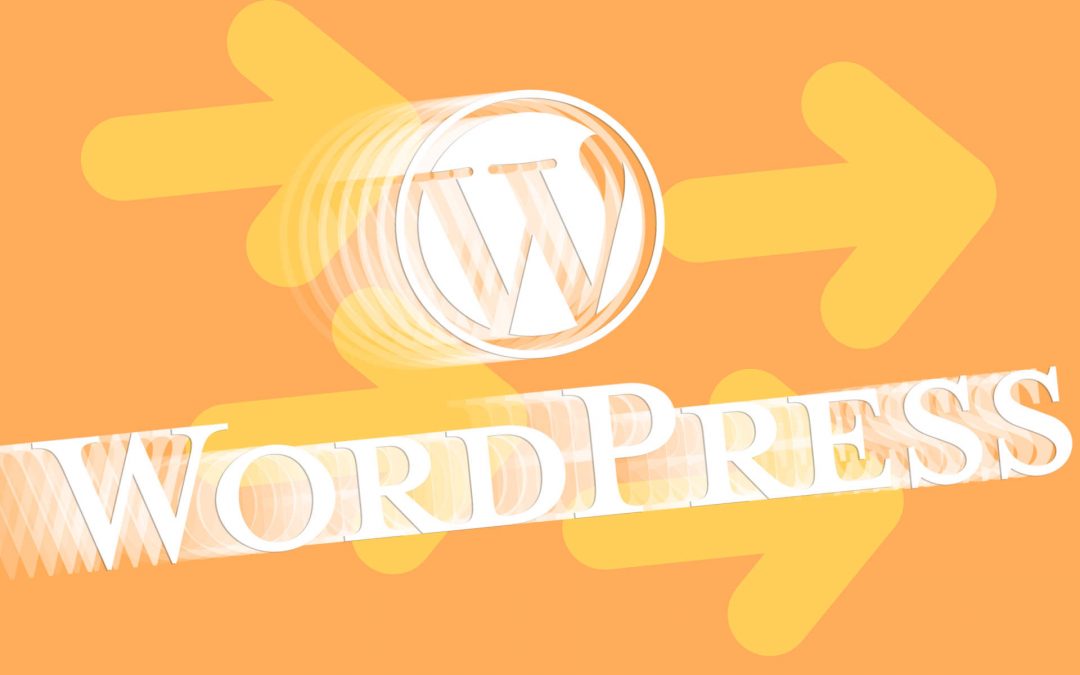Smaller websites created on WordPress may not face the issue of speed as much as heavy e-commerce and major news/blog websites do. But even your smaller website can load slow, what makes your WordPress website slow?
Here are a few recommendations to make your WordPress website faster:
A good host
Going for free hosting may sound better when you are on a low budget, but paying for hosting will always make sure you get the best hosting services. Do you research, are most (if not all) of your customers in Australia? Use an Australian host.
psst… I’m an Australian website host, my servers are located in Sydney.
A solid framework / theme
A simple homepage
A website’s home page is the first to come into the view of a visitor. It should not only look aesthetically appealing, but it should also be as simple as possible in terms of content.
Here are a few strategies to keep your WordPress website home page as simple as possible:
- Don’t add too many widgets on your home page.
- Don’t add social media sharing widgets everywhere. The best practice is to include these on sub-pages, such as product pages or blog post pages so that the product or post can be shared directly.
- Show only a few posts or products on the home page.
Choose faster plugins
Optimise your database
Optimise your images
Lazy load your images
Use static HTML
To wrap up
If you don’t have the time or the skills to speed up your won website, get in touch. and talk to Ben.
